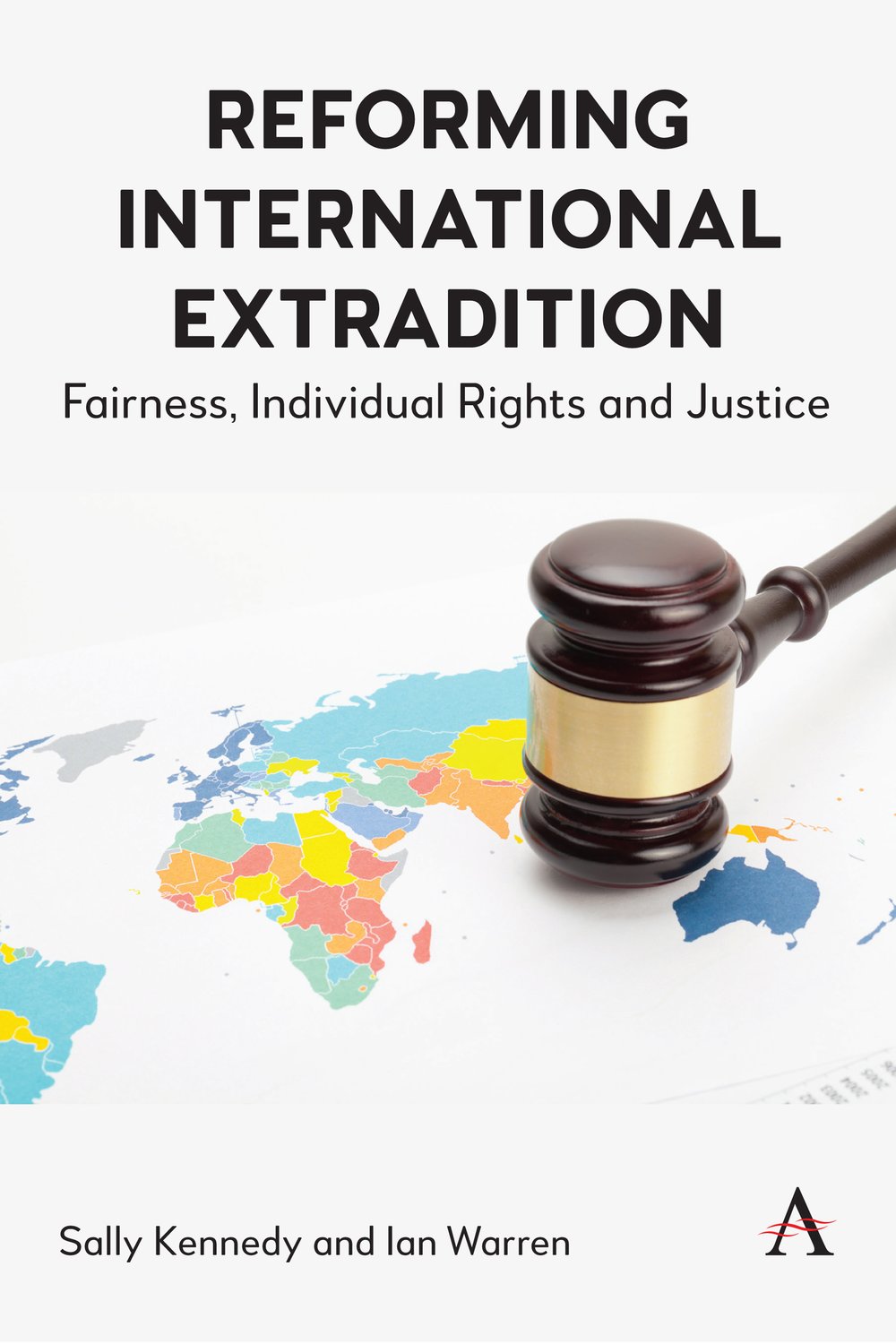Reforming International Extradition
Fairness, Individual Rights and Justice

Uses several case studies to demonstrate key problems with the international extradition process, and possible reforms to improve its operation.
This book uses several case studies to demonstrate current problems with international extradition. These include political issues, time delays, jurisdictional problems, and conflict between surrender and the human rights of extraditees. The normative assumptions underpinning extradition ensure these procedures are more likely to prioritise international comity between nation states, rather than individual human rights protections. This creates a system with limited judicial relief for extraditees that require extensive proof of high human rights thresholds, as well as a prominent rule of non-inquiry, restrictive evidence regulations, and deference to the executive. The book argues that a defendant-centred approach to extradition reform is needed that prioritises a right to fairness as a core value for promoting global justice. This includes considering changes to enable greater post-extradition monitoring of extradited people and broadening rules for extraditees to submit evidence to support a claim against surrender. New and more viable extradition alternatives also involve transferring evidence to shift the trial to the location where most of the offending activity occurred and sentencing in the extraditee’s home jurisdiction. These proposals aim to counter the current unequal levels of authority that favour the power of both the requesting and requested state over the rights of the individual.

Dr Sally Kennedy specialises in transnational justice administration, including extradition, territorial sovereignty, legal geographies, and individual rights.
Dr Ian Warren is Senior Lecturer in Criminology, specialising in transnational criminal law and procedure, as well as several other areas involving crime and law.
